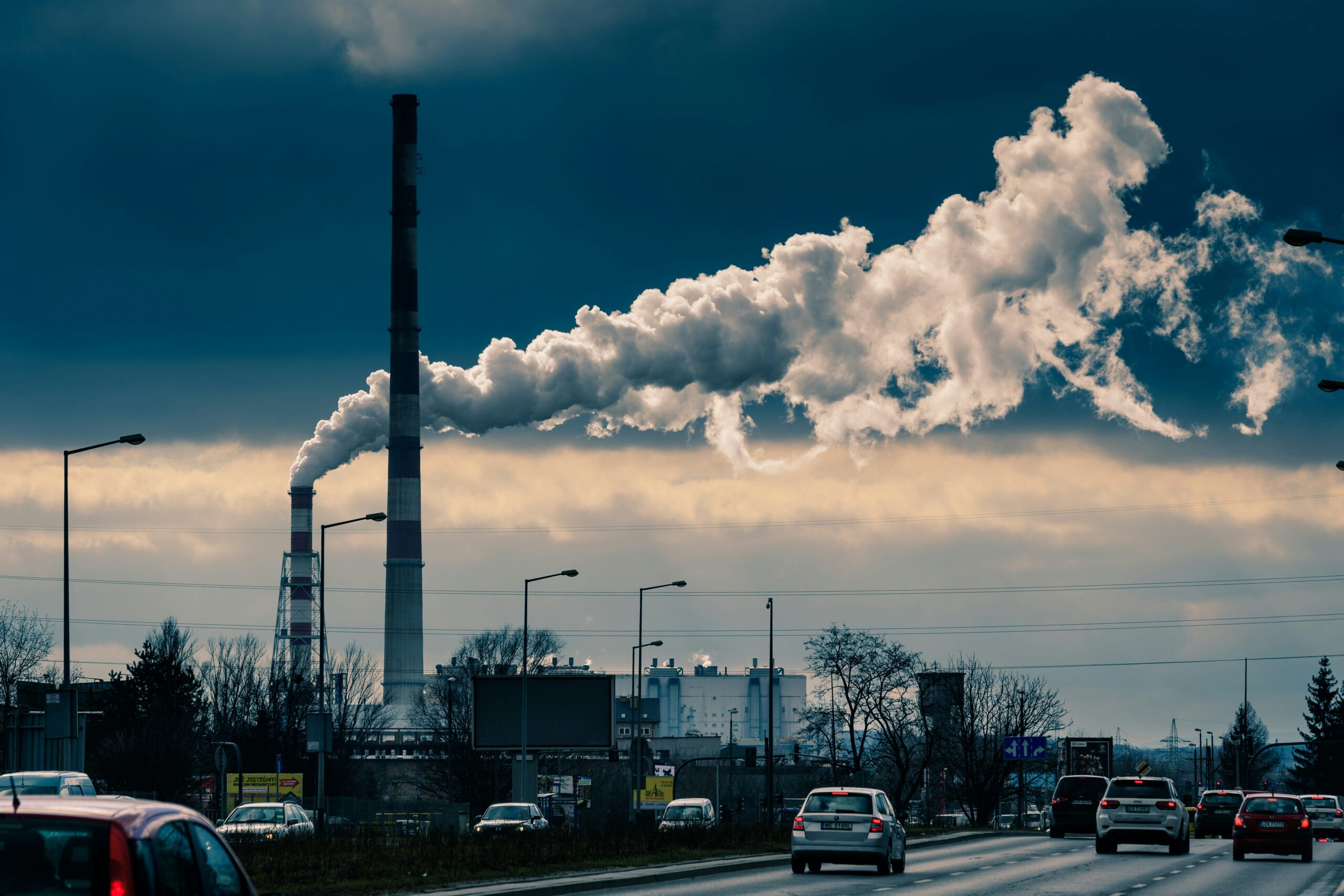You’ve seen the word “toxin” splashed across wellness blogs, juice cleanse ads, and trendy diet plans promising to help you “detox your body.” But what does “toxin” really mean, and is a juice cleanse truly the miracle solution it’s made out to be? Let’s unpack what toxins are, how your body naturally handles them, and why supporting your health doesn’t need to involve drastic measures.
What Exactly Are Toxins?
In the context of health, “toxins” are harmful substances produced by living organisms, such as certain plants, bacteria, or fungi. Think snake venom or mold-based aflatoxins. On the flip side, there are toxicants, which are human-made pollutants like pesticides, heavy metals, and chemicals found in plastics. Both can impact health, but they’re not lurking around every corner as some wellness fads would have you believe.
Types of Toxins and Toxicants You Should Know
Naturally Occurring Toxins:
- Plant-Based Toxins: Raw cassava, for instance, contains substances that can release cyanide.
- Microbial Toxins: Aflatoxins in moldy grains or peanuts are known examples.
- Animal Toxins: Venoms from snakes or jellyfish fall into this category.
Man-Made Toxicants:
- Heavy Metals: Lead, mercury, and arsenic can accumulate in the body, causing long-term issues.
- Environmental Pollutants: These include industrial chemicals like PCBs and various pesticides.
- Endocrine Disruptors: Chemicals like BPA and phthalates that can interfere with hormone balance.
How Toxins Impact Your Body
Acute vs. Chronic Exposure:
- Acute Exposure: This involves high levels of a toxin and can result in immediate health effects like organ failure or even death.
- Chronic Exposure: Long-term exposure to lower levels can lead to gradual issues, such as hormone disruption, neurological disorders, or increased cancer risk.
Accumulation: Some toxicants, especially heavy metals and persistent pollutants, can build up in your body’s tissues over time. This process, known as bioaccumulation, can contribute to chronic health issues even with minimal exposure.
Your Body’s Natural Detox System
Contrary to what trendy detox teas claim, your body already has an effective, built-in detox system. Here’s how it works:
- Liver: The MVP of detoxification, breaking down and neutralizing toxins, making them easier for the body to expel.
- Kidneys: Filter your blood and remove waste through urine.
- Digestive System: Expels waste with the help of fiber to push it along.
- Lungs: Eliminate volatile toxins through breathing.
- Skin: Removes some waste through sweating.
Common Myths About Toxins and Detox
Myth 1: Detox Products Are Necessary Those “detox” diets, teas, and cleanses? They often do little more than make you lose water weight or, at worst, cause dehydration and nutrient imbalances. The body already has what it needs to detox—your liver and kidneys are on it 24/7.
Myth 2: Toxins Need a Quick Fix The idea of a “toxic load” does have some basis—cumulative exposure to harmful substances can affect your health. But no quick cleanse or 3-day juice diet is going to “reset” your system. Real detoxification isn’t about quick fixes; it’s about supporting your body’s ongoing process with healthy habits.
How to Support Your Body’s Natural Detox System
Healthy Diet:
- Antioxidants: Eat your berries and leafy greens. They help combat oxidative stress.
- Hydration: Water is essential for kidney function and flushing out waste.
- Fiber: Found in fruits, vegetables, and whole grains, it helps push waste out of your digestive system. Supplements are often needed to meet fiber goals (21-25g/day for women, 30-38g/day for men).
- Cruciferous Vegetables: Broccoli and cabbage can boost liver enzyme activity, supporting detox.
Limit Toxin Exposure:
- Reduce Alcohol and Smoking: Both put an extra load on your liver and lungs.
- Choose Clean Products: Opt for natural personal care products and avoid plastics containing BPA.
- Exercise: Sweating helps your body expel some waste and keeps circulation strong.
- Manage Stress and Sleep: Adequate rest is essential for liver health and metabolic processes.
- Limit Processed Foods: They often contain additives that make your liver work overtime.
What “Detox” Doesn’t Mean
It’s Not About Miracle Cleanses: Your body doesn’t need specialized detox products. Those cleanses might be trendy, but science says they don’t enhance what your liver and kidneys are already doing.
It’s Not Instant: Detoxing is a continuous, natural process—not a weekend fix. The best approach is a long-term commitment to healthy living.
The Bottom Line
“Toxins” may sound scary, but your body is equipped to handle them—no expensive cleanse required. The real way to support your body’s natural detox process? A balanced diet, hydration, regular exercise, and reducing exposure to harmful substances. Skip the marketing gimmicks and focus on wellness strategies that actually work.
